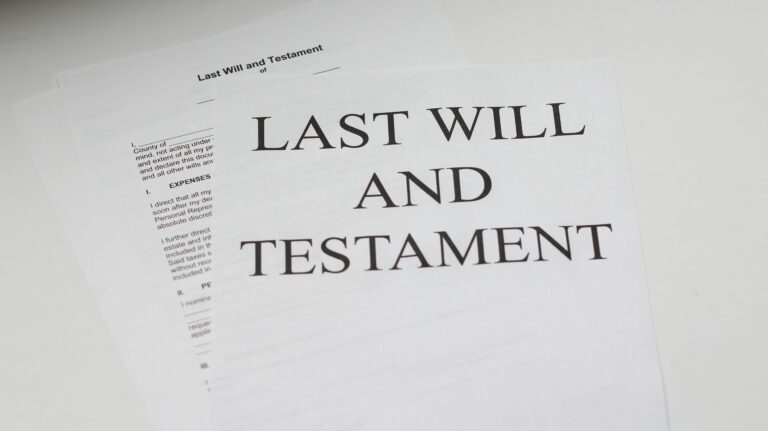
Important Documents in Your Estate Plan
There are two documents everyone needs in their estate plan: The Durable Power of Attorney (DPOA) and a Health Surrogacy or Advanced Health Directive.

There are two documents everyone needs in their estate plan: The Durable Power of Attorney (DPOA) and a Health Surrogacy or Advanced Health Directive.

Here are five ways to get started on this important issue of an aging parent’s finances.

The thought of preparing your own will might feel a little daunting, bringing an onslaught of emotions like fear or sadness.

A critical item is often missing from back-to-school college checklists — and it could be far more valuable than anything else your student takes to school this fall: signed legal documents.

As our children are entering adulthood, our parents need more of our time for many reasons—one being that older adults often fall victim to scams, on the internet or over the phone.

These days it’s easy to feel overwhelmed by many things such as politics, gas prices, the gyrating stock market, summer travel, heatwaves and your health. One thing that shouldn’t overwhelm you is estate planning.

There’s always plenty of time to get your affairs in order, until you get run over by a cement truck.

So, what happens with your estate plans if you are not in a traditional nuclear family? There is quite a lot that can fall under the umbrella of a non-traditional family, and the recommendations will vary depending on your specific circumstances.

Stuck in a senior facility during the pandemic and unable to participate from far away, an elderly woman needed to sell her home but had never drafted her POA.

As soon as you are an adult, you should have an estate plan in place.